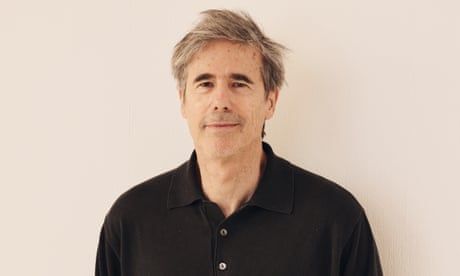
The Brazilian director on his Oscar-nominated new film, I’m Still Here, the importance of remembering shared history, and Brazil’s double pandemic
Walter Salles, 68, is Brazil’s most internationally celebrated film-maker. He came to global prominence in 1998 with the poignant road movie Central Station, which won the Golden Bear at the Berlin film festival and received two Oscar nominations, and has since released English-language films including Dark Water and On the Road and had an arthouse hit with the Che Guevara biopic The Motorcycle Diaries. For his first feature film in 12 years, I’m Still Here, he returned to Brazil to tell the true story of Eunice Paiva, an activist and mother coping with the forced disappearance of her husband during the country’s military dictatorship. Last month, its star, Fernanda Torres, won the Golden Globe for best actress and the film is up for three Oscars, including one for best picture – a first for Brazilian cinema.
You actually knew the Paiva family while growing up in Rio. How did that acquaintance help when making I’m Still Here?
I was 13 years old, and Nalu, the middle of the five kids of the Paiva family, was exactly my age, and we had a mutual friend. This is how I got to be invited into a family that differed drastically from mine. Politics were freely discussed in that environment, as well as an alternative project for Brazil, and this in a moment where we had already been for five years under military dictatorship. The way people intermingled in that free space was something very unique: I felt invited to be part of a community. In doing the film, I tried to extend that invitation, to let the spectator be part of that community that I had the luck to know in my adolescence, so that you wouldn’t see these characters from a distance.